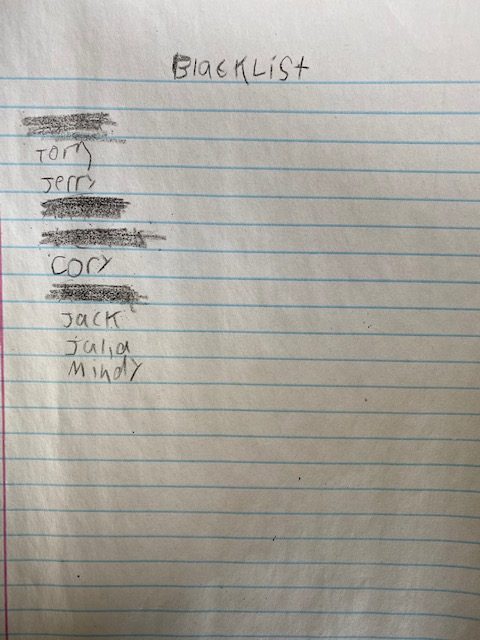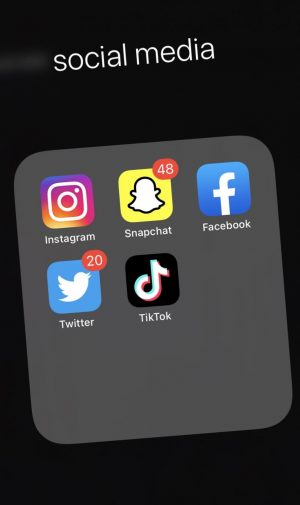The Weirdest Common English Words and How They Came to be
May 7, 2021
During the 16th century, there was an ancient tradition to drink to another’s health and well-being by clinking glasses together. Since most wine back then was bitter and acidic, a common practice of adding a piece of scorched toast to the wine to improve its flavor became popular. This custom later became known as a toast, referring to the mentioned bread in the drink. While this piece of information is worthless and unimpressive, it is a fine introduction to how the language we speak today, despite its many unusual words and even more unusual pronunciations, have a vast history behind them.
Wikipedia says that the phrase computer bug was made in 1946 when a woman named Grace Hopper joined the Harvard Faculty at the Computation Laboratory, where she worked on electromechanical computers. During testing of one of these computers, an error popped up, and the operators started looking for the cause of the malfunction. While Hopper was assisting with the search, she discovered a dead moth trapped in a part of the machine called the relay, which ended up being the glitch source. After taking the moth out, she taped said insect to her logbook, and thus, the term computer bug originated.
During the fourteen hundreds, many epidemics flourished, and so people tried to come up with ways to prevent them from spreading. Quarantine was one of these ways, and Venice used this practice on some of their infected ports by making ships arriving at them wait with their anchor down for 40 days before landing. Due to this, the exercise was called Quaranta Giorni, which means 40 days in Italian. The phrase later was renamed quarantine.
Back in England in 1639, Philip Massinger invented the word blacklist in a play called The Unnatural Combat, in which he used the phrase to refer to a list of those not to be trusted. However, this term only became frequently used in the 20th century to create blacklists of people who supported trade unions or criticized their employers.
History has shown us many times that while some words change with the times, others will remain eternal. When we need a term to describe something, people will inevitably create one, and we shall forget these words when they are no longer required. However, we should remember the words we use to note what we deemed meaningful to us in the past and what has become relevant to us in the present. It should therefore be common practice to remember the words we use and recall them in our future to find out how we, and the world around us, have changed.
Sources:
wikipedia.org/wiki/Software_bug
https://www.toastmasters.org/magazine/articles/the-history-of-toasting
https://www.cdc.gov/quarantine/historyquarantine.html
https://www.babbel.com/en/magazine/11-english-words-strange-surprising-origins
https://en.wikipedia.org/wiki/Blacklisting






